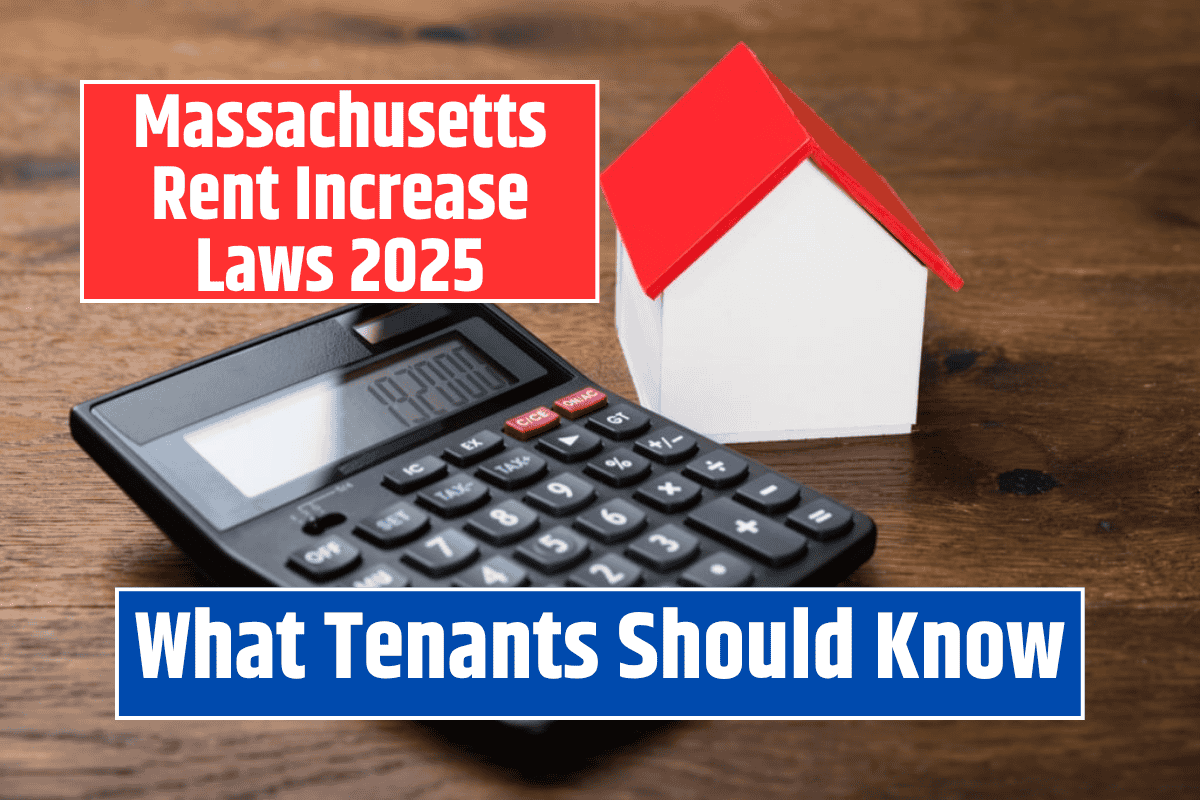Living in a rented home comes with responsibilities for both the landlord and the tenant. In Massachusetts, the state has clear rules to make renting fair and safe for everyone involved. Whether you’re a tenant or a landlord, following these rules is the best way to avoid problems.
This article explains the latest updates for 2025 on rent increases, lease agreements, tenant and landlord rights, and much more. We’ll break everything down in simple words so you can easily understand your rights and duties under Massachusetts landlord-tenant laws.
What Should Be in a Rental Agreement?
Even though a written rental agreement is not required for leases under 12 months, it’s always better to have one. It helps avoid misunderstandings later.
A proper rental agreement should include:
Description of the apartment or house
Length of the lease
Rent amount, due date, and any late fee rules
Rights and duties of both the landlord and the tenant
Details about the security deposit
This helps keep everything clear between both parties.
Is Massachusetts a Landlord-Friendly State?
Massachusetts is often seen as a mix of both landlord and tenant-friendly. While the state does not have rent control (which means landlords can set their rent prices), it does have many rules to protect tenants from unfair charges and unsafe living conditions.
Landlord Rights in Massachusetts
Landlords have the right to:
Collect rent on time
Ask tenants to keep the place in good shape
Use the security deposit if the tenant causes major damage or doesn’t pay rent
Landlord Responsibilities in Massachusetts
Landlords must:
Keep the property safe and livable
Provide working heat, water, electricity, and other utilities
Fix any issues reported by tenants within a reasonable time (usually within 14 days)
If they don’t fix problems in time, tenants can withhold rent until repairs are made. This is known as the “Repair and Deduct” rule.
Tenant Rights in Massachusetts
Tenants have the right to:
Live in a clean, safe, and working home
Report issues and get repairs done
Receive their full security deposit back after moving out (if no major damage)
If the landlord doesn’t return the security deposit within 30 days, the tenant can ask for up to three times the amount in court.
Tenant Responsibilities in Massachusetts
Tenants must:
Pay rent on time
Keep the home clean and undamaged
Avoid disturbing neighbors
Do basic maintenance like replacing light bulbs
Following these rules helps avoid eviction or legal trouble.
Rent Increase Laws in 2025
In 2025, Massachusetts still does not have rent control, so landlords can increase rent. But they must follow some steps:
For at-will tenants (no set lease term), landlords must give at least 30 days’ notice before increasing rent
For fixed-term leases, the landlord can only raise the rent after the lease ends, unless the agreement allows mid-term increases
Landlords must give receipts within 30 days for any rent paid
Even though there’s no limit to how much rent can be increased, landlords are advised to keep hikes reasonable to avoid losing good tenants.
Security Deposit Rules
A landlord can ask for a security deposit, but it can’t be more than one month’s rent
It must be kept in a separate account that earns interest
The tenant should get a receipt within 30 days
No other upfront fees like pet deposits or holding fees are allowed
If the landlord doesn’t return the deposit on time, they can be forced to pay triple the amount in court.
Eviction and Termination Rules
Landlords can evict tenants for:
Not paying rent
Breaking lease terms
Criminal activity
They must give 7 or 30 days’ written notice, depending on the situation.
Tenants can end the lease by giving 30 days’ notice for monthly rentals. For yearly leases, notice depends on the payment schedule. Tenants may leave early for serious reasons like:
Military duty
Domestic violence
Landlord harassment
Landlords cannot retaliate by trying to evict tenants for reporting problems or using their legal rights.
Entry Notice
Massachusetts does not have a specific law about how much notice a landlord must give before entering the property. However, most landlords give 24 hours’ notice to be respectful. It’s best for both parties to agree on this in the lease.
Renting in Massachusetts can be smooth and stress-free when both landlords and tenants follow the rules. In 2025, while rent increases are allowed, landlords must still give proper notice and follow fair housing practices. Tenants also have strong rights to safe housing and fair treatment.
If you’re unsure about anything in your lease or rights, it’s always wise to talk to a lawyer or property expert. Following the law helps create a safe, fair, and respectful renting experience for everyone.












